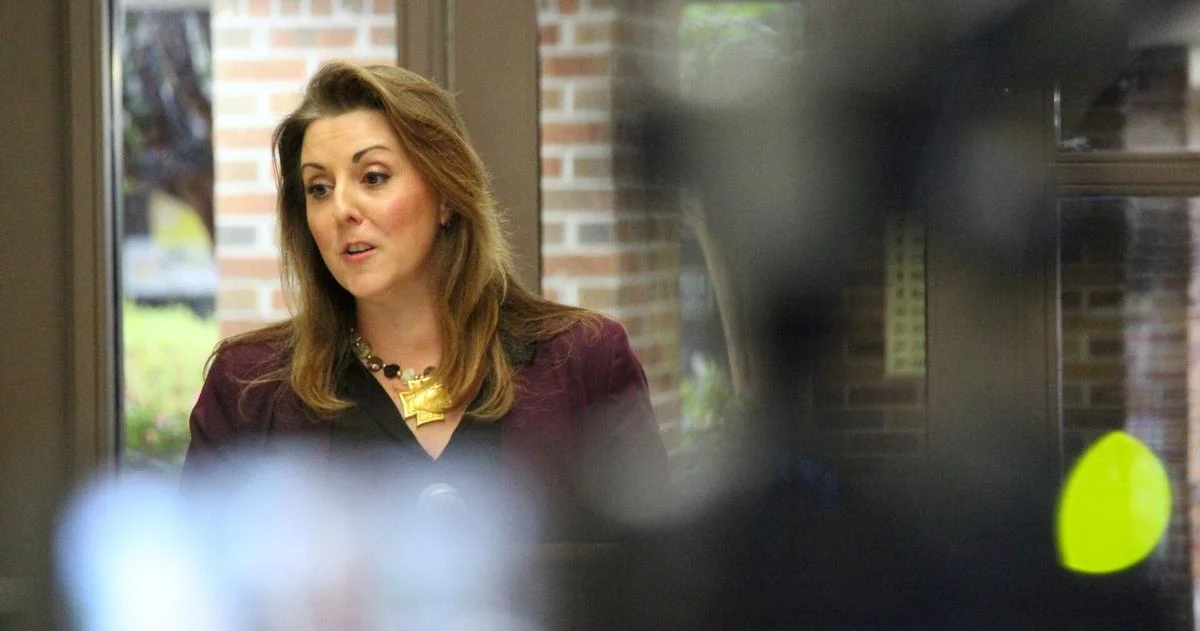Copyright dailymail

The number of empty primary school places is at a record high and enough to fill 23,000 classrooms, a report has found. The Institute for Government (IfG) said a drop in the birth rate has left 611,300 primary school places unfilled in the 2023-24 academic year in England. This represents 12 per cent of the total 4.95 million available and nearly 34,000 more than the year before. The think tank pointed out that London is emptying nearly twice as fast as other regions, due to parents leaving for cheaper housing and childcare. Since 2018-19, London’s primary schools have lost 8.1 per cent of their pupils, the equivalent of about 2,060 classes. Each empty place costs schools £5,000 of lost per-pupil funding, making it harder for them to pay for overheads. Amber Dellar, author of the report, said: ‘The government has big ambitions to improve schools, but a budget that falls short of matching them. ‘The system’s slow adjustment to falling pupil numbers is further stretching that budget, leaving money increasingly tied up in empty classrooms.’ The fall in the birth rate followed a baby boom between 2005 and 2015, which was partly driven by mothers from abroad. Primary schools had to scramble to make more places to accommodate the population bulge, but now the trend is in reverse. In London, the reduction in children has been hastened by soaring house prices and rental costs. Official figures show 36 state primary schools closed in the capital between 2019 and 2024. Even at secondary level, the same problem is beginning to emerge. The 2024-25 academic year saw a 0.8 per cent drop in pupil numbers in London compared to the previous year. Meanwhile smaller drops were recorded in the North East, the South West and Yorkshire and the Humber. It comes amid a crisis in special educational needs and disabilities (Send) funding. Two-thirds of state special schools are now operating beyond capacity, the IfG report warned. Ms Dellar added: ‘The crisis in the special educational needs system piles on further financial strain, as government tries to meet mounting demand without a plan for reform.’ A Department for Education spokesman said: ‘This Government inherited a Send system on its knees, with thousands of families struggling to secure the right support. ‘We’re determined to put that right and deliver a better system that supports children and families at every stage. ‘We have already carried out over 100 listening sessions with families, and ministers will be leading the engagement with more parents to make sure we deliver better outcomes for every child.’



